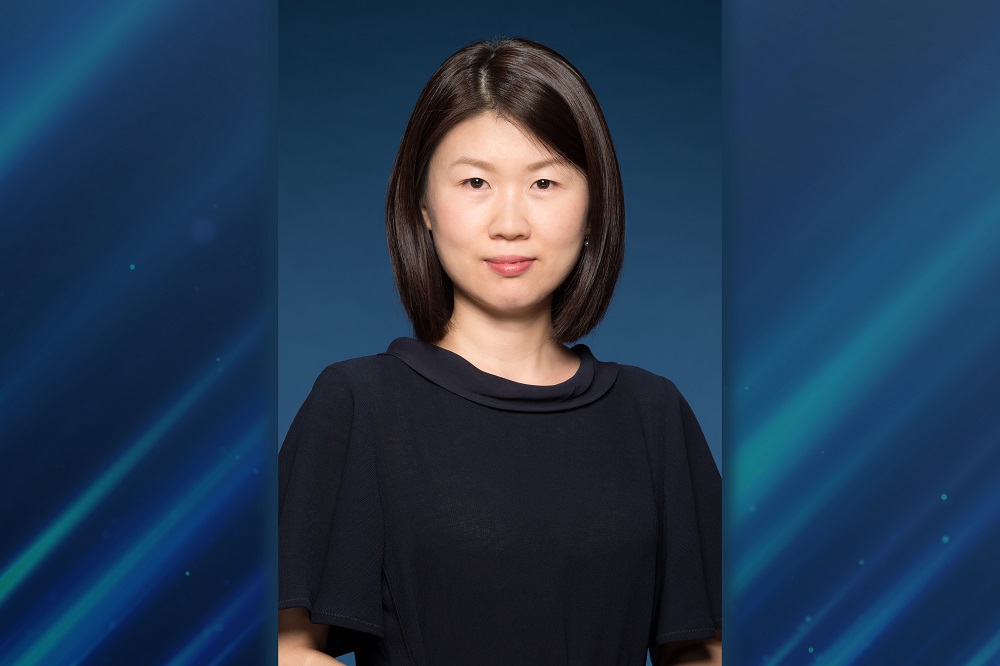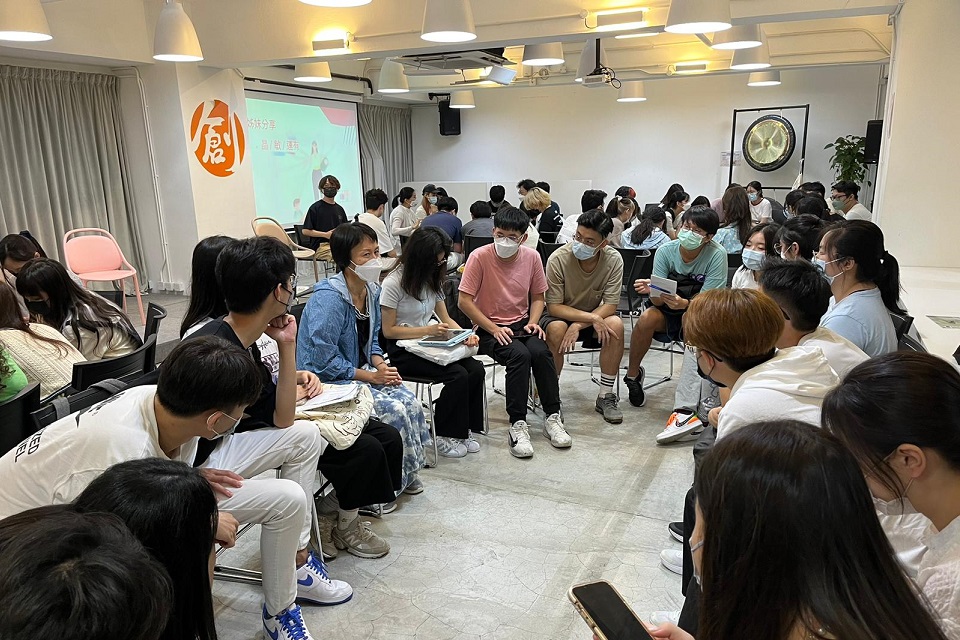Discover HKBU
Training all-round innovators to enhance health and social well-being
29 Sep 2022
Following the rapid technological advances in science and health, there are now unprecedented opportunities available for applying innovative technological solutions, products and services to improve people’s health and social wellbeing. Big data, artificial intelligence, telemedicine and wearable products are just a few examples of technological applications with enormous future potential. In the jobs market, talented people who can work across different disciplines and specialisations to drive innovation and invent new technologies have also become highly sought-after.
To nurture talent for the future, HKBU has launched the Bachelor of Social Sciences (Hons) / Bachelor of Science (Hons) in Innovation in Health and Social Well-Being programme to provide a transdisciplinary and personalised education that integrates a broad range of academic subjects. Beginning from the 2022/23 academic year, this programme aims to introduce students to different competencies in science and the humanities.
The first-ever cohort of students have already started their studies. “We are glad to see a group of students with diverse backgrounds joining our family,” says Dr Wendy Huang, the Programme Director and Associate Professor of the Department of Sport, Physical Education and Health. “Our students are passionate about health-related topics, and they keep an open mind to innovative approaches in problem-solving.”
Students may choose between two concentrations: “Health and Social Wellness” (HSW) and “Health Technology and Informatics” (HTI). They will be exposed to real-world health and social well-being issues via immersive experiential learning, internships, workshops, research-led learning, problem-based learning, and service projects. Out of these experiences, it is hoped that students will build a foundation on which they can grow into innovators who are self-motivated, technologically competent, versatile, team-oriented, and entrepreneurial.
Such transdisciplinary training will open up a broad range of future career paths and options for graduates. From researchers and analysts to policymakers, graduates will be able to contribute to the development of health and social well-being by applying technologies in various roles within NGOs, government departments, hospitals, technology firms, and healthcare companies. “We believe that the knowledge and skills that students will obtain from this programme, such as data analytics and creative design in programming and policy development, are integral for them to meet emerging job market needs,” Dr Huang adds.
There is also great potential for expanding and developing this programme further. In fact, Dr Huang envisioned it with the future in mind: “I feel excited to witness the growth of the first cohort of students. I hope they can ‘begin with the end in mind’ and make the best of their four-year university life to gain knowledge and broaden their horizons. By the time of graduation, they will be familiar with ‘technopreneurship’.”



